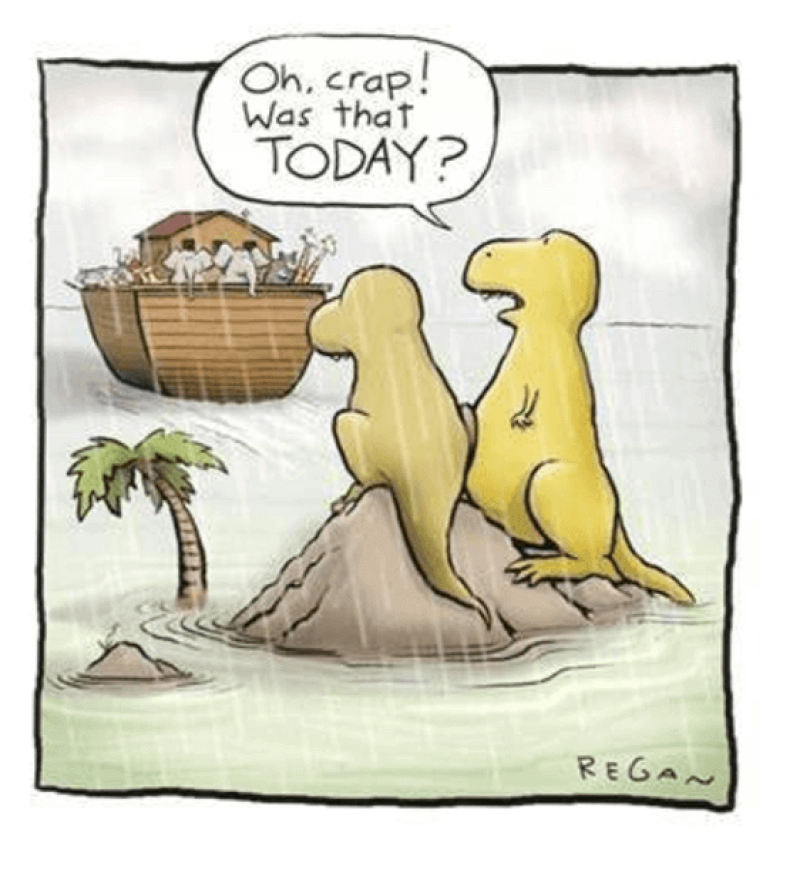State and local legislatures in the United States are experimenting with new ways to target the topics taught in science classes, and it seems to be paying dividends. Florida’s legislature approved a bill on 5 May that would enable residents to challenge what educators teach students. And two other states have already approved non-binding legislation this year urging teachers to embrace ‘academic freedom’ and present the full spectrum of views on evolution and climate change. This would give educators license to treat evolution and intelligent design as equally valid theories, or to present climate change as scientifically contentious.
“The strategies of creationists have gotten more sophisticated,” says Glenn Branch, deputy director of the National Center for Science Education (NCSE) in Oakland, California. The first academic freedom bills popped up in the early 2000s, but until this year only three had become law: one in Mississippi in 2006, one in Louisiana in 2008 and another in Tennessee in 2012.
Eleven bills designed to alter science-education standards have been proposed this year across the United States. A handful of those measures have either abandoned the traditional academic freedom model for more roundabout methods, or are using watered-down versions of it.
The GLP aggregated and excerpted this blog/article to reflect the diversity of news, opinion, and analysis. Read full, original post: Revamped ‘anti-science’ education bills in United States find success































